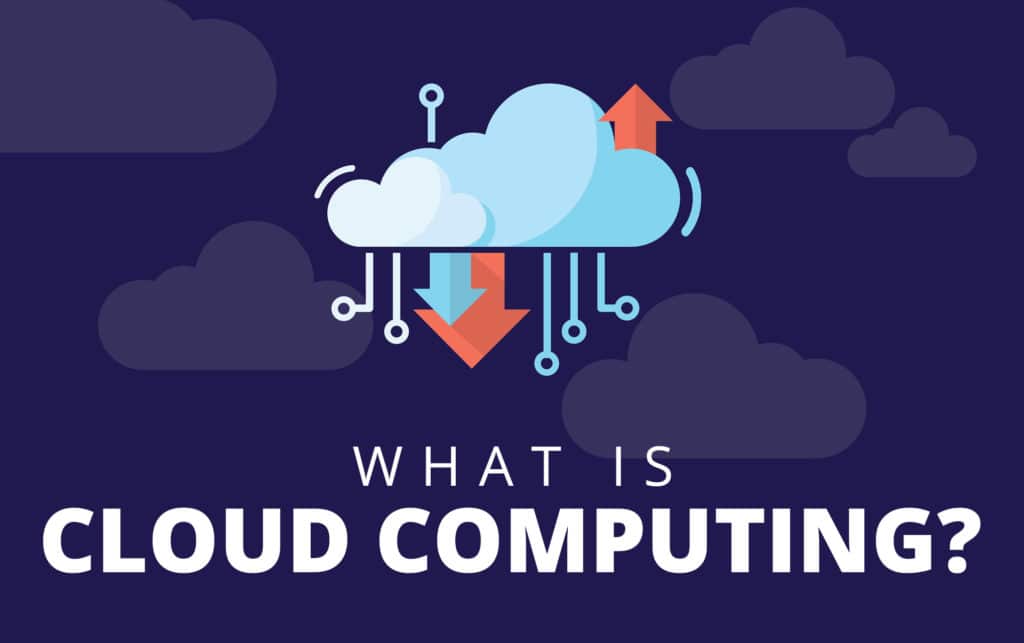Cloud computing is the delivery of computing services over the Internet rather than a local server or a personal computer. Cloud computing is a big shift from the traditional way businesses think about IT resources. Moving to the “cloud” (otherwise known as the Internet) is about changing the environment where applications run. Instead of using specific types of hardware, programs run in containers or virtual machines. Because where they run is “virtual”, it is easy to deploy additional instances of the program (scale up and down). The building blocks of cloud are infrastructure as a service (IaaS) and platform as a service (Paas), Infrastructure as a service allows for new computing resources (CPU, memory, RAM) to be brought online in an automatic fashion.
Platform as a service provides features to automate the process of deploying applications and connecting resources (networks, block storage, etc.) Cloud applications are also organized as services which expose interfaces (these are called application programming interfaces, APIs). They are “highly available”, which means that if a specific instance goes away, the application itself is still able to respond to requests. Because cloud applications are highly available and organize themselves as services, it is possible to mix and match their functionality. This is often described as “cloud begets cloud.” It’s both a benefit and a drawback. It’s considered a benefit because it allows for applications to quickly extend their functionality by invoking the API of other applications. On the other hand, a failure in one service can cascade and cause failures in others.
Business Benefits of Cloud Computing
In addition to the technical benefits, there are significant business benefits. By choosing to run your infrastructure in a public cloud, you are able to offer your customers and clients value faster while focusing on your business goals. Cloud computing environments also allow businesses to scale their storage needs up on an as-needed basis, which is a more affordable option. Rather than purchasing are big, noisy, and expensive servers, business owners can reduce their costs by using the resources of a cloud computing service provider. Plus, your employees have access to the data and applications they need wherever the Internet is readily available.
Bottomline, moving to cloud computing can reduce the cost of managing and maintaining your IT systems.
Build a Cloud Culture Within Your Organization
If you want to keep your company on the cutting-edge, cloud computing is crucial. Our approach can help your business deliver faster and more efficiently. Contact us to learn more about our cloud computing capabilities and how DVO Consulting can be your strategic partner.

